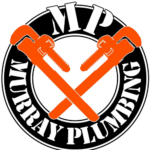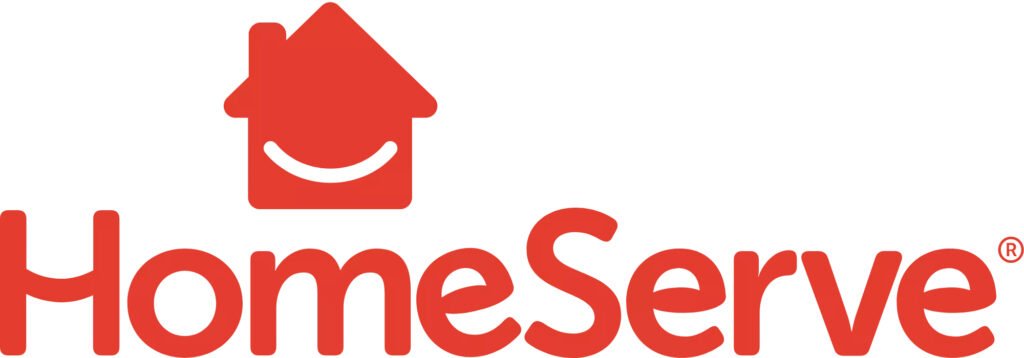About the Author:
Greetings! I’m Chris Murray, a seasoned plumber with extensive experience assisting homeowners in Middletown, PA, with their plumbing needs. Over the years, I’ve encountered and resolved numerous plumbing emergencies, equipping me with the knowledge and expertise to handle even the most challenging situations. Through this blog post, I aim to share valuable insights on how to manage common plumbing emergencies like a pro. Expand your knowledge.
Plumbing emergencies can strike unexpectedly, causing inconvenience and potential damage to your home. As a homeowner in Middletown, PA, it’s essential to be prepared to deal with these situations effectively. In this guide, I’ll share practical tips and solutions for dealing with plumbing emergencies to help you navigate through any crisis with confidence.
Understanding Plumbing Emergencies
Plumbing emergencies can range from minor leaks to burst pipes, sewer backups, and overflowing toilets. Regardless of the severity, it’s crucial to address these issues promptly to minimize damage and disruption to your home. By familiarizing yourself with common plumbing emergencies and their potential causes, you’ll be better equipped to handle them effectively when they arise.
Quick Fixes for Plumbing Emergencies
When faced with a plumbing emergency, it’s essential to act swiftly to prevent further damage. While some issues may require the expertise of a professional plumber, there are several quick fixes for plumbing emergencies that you can implement immediately. For example, shutting off the water supply to the affected area can help contain leaks and prevent water damage. Additionally, using a plunger or plumbing snake can clear minor clogs in sinks, toilets, and drains. Check out here
Coping with Burst Pipes
One of the most serious plumbing emergencies homeowners may encounter is a burst pipe. A burst pipe can result from freezing temperatures, corrosion, or excessive water pressure, causing significant water damage if not addressed promptly. If you discover a burst pipe in your home, the first step is to shut off the main water supply to prevent further flooding. Then, carefully inspect the pipe for damage and consider using a pipe clamp or repair sleeve to temporarily seal the leak until a professional plumber can make permanent repairs.
Emergency Plumbing Services
In some cases, plumbing emergencies may require the expertise of a licensed emergency plumber. When selecting a plumber, it’s essential to choose a reputable and reliable service provider. Look for plumbers who offer emergency plumber services in PA and are available 24/7 to assist with urgent repairs. Additionally, check for customer reviews and testimonials to ensure you’re hiring a plumber you can trust to resolve your plumbing emergency promptly and efficiently.
Tips for Managing Plumbing Emergencies
Preparation is key to effectively managing plumbing emergencies. Consider creating an emergency preparedness kit that includes essential tools such as a pipe wrench, plumber’s tape, and a flashlight. Familiarize yourself with the location of shut-off valves for your home’s water supply and practice turning them off in case of an emergency. Additionally, keep the contact information for emergency plumbing services near me handy so you can quickly reach out for assistance when needed.
Preventative Measures
While it’s essential to know how to handle plumbing emergencies when they arise, taking preventative measures can help reduce the likelihood of emergencies occurring in the first place. Regularly inspecting your plumbing system for signs of leaks, corrosion, or wear and tear can help identify potential issues before they escalate into emergencies. Additionally, investing in routine maintenance such as drain cleaning, pipe inspections, and water heater servicing can help keep your plumbing system in optimal condition and prevent unexpected breakdowns.
Routine Plumbing Inspections
Regular inspections of your plumbing system can help identify potential issues before they escalate into emergencies. Take the time to inspect visible pipes, fixtures, and appliances for signs of leaks, corrosion, or wear and tear. Pay close attention to areas prone to moisture, such as under sinks, around toilets, and near water heaters. Additionally, check for slow drains, unusual odors, or changes in water pressure, as these may indicate underlying plumbing problems that require attention.
Drain Maintenance
Clogged drains are a common cause of plumbing emergencies, so it’s essential to keep your drains clean and free-flowing. Avoid pouring grease, oil, or food scraps down the drain, as these can accumulate and cause blockages. Consider using drain screens or guards to prevent hair, soap scum, and other debris from entering your drains. Additionally, periodically flush your drains with hot water or a mixture of baking soda and vinegar to help remove buildup and keep them running smoothly.
Water Heater Care
Your water heater plays a vital role in providing hot water for bathing, cooking, and cleaning, so it’s essential to keep it well-maintained. Annually flushing your water heater tank to remove sediment buildup can improve its efficiency and extend its lifespan. Additionally, check the temperature and pressure relief valve for proper operation and inspect the tank for any signs of corrosion or leaks. If you’re unsure how to perform these tasks safely, consider hiring a professional plumber to service your water heater.
Winterization
In colder climates like Middletown, PA, freezing temperatures can pose a threat to your plumbing system. To prevent frozen pipes and potential bursts, insulate any exposed pipes in unheated areas of your home, such as crawl spaces, basements, and attics. Disconnect and drain outdoor hoses before the arrival of winter to prevent damage to outdoor faucets and pipes. Additionally, consider installing frost-proof outdoor faucets or heat tape to protect vulnerable pipes from freezing temperatures.
By incorporating these additional preventative measures into your routine, you can further safeguard your plumbing system and reduce the likelihood of emergencies occurring. Remember, proactive maintenance is key to keeping your plumbing system in optimal condition and avoiding costly repairs down the line. With a little effort and foresight, you can enjoy a reliable and efficient plumbing system for years to come.
In conclusion, while plumbing emergencies can be disruptive and stressful, being prepared and proactive can help minimize their impact on your home. By understanding common plumbing emergencies, implementing preventative measures, and knowing how to respond when emergencies arise, you can protect your home from damage and ensure the continued functionality of your plumbing system. So, take the time to familiarize yourself with these tips and solutions, and rest assured knowing that you’re well-equipped to handle any plumbing emergency that comes your way.



